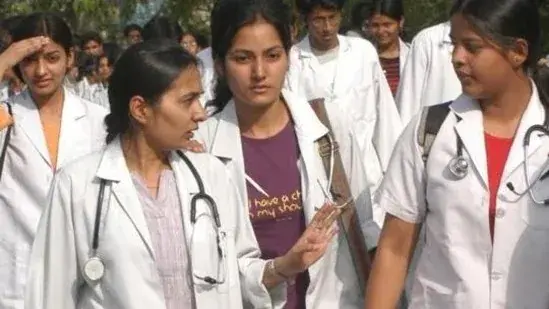Centre Approves 25% Increase in Security at Central Government Hospitals Amid Nationwide Protests
In response to widespread protests by doctors demanding better protection following the tragic rape and murder of a trainee doctor at Kolkata’s RG Kar Medical College, the central government has approved a 25% increase in security at all central government hospitals. The decision, announced by the health ministry, comes amid calls for a special law to combat violence against healthcare personnel. The enhanced security will include the deployment of marshals, which can be requested by hospitals based on individual security assessments. Officials noted that while the protests highlight safety concerns, enacting a central law solely based on the RG Kar incident might not be the solution, as the case did not involve patient-doctor violence. Currently, 26 states and Union territories, including West Bengal, Delhi, Maharashtra, Karnataka, and Kerala, have laws that protect healthcare workers from violence, making such offenses cognizable and non-bailable. Officials emphasized that these existing laws already cover key aspects of protection for healthcare personnel. To address additional concerns, the government plans to form a committee headed by the Directorate General of Health Services (DGHS) to review hospital security, working conditions for resident doctors, and related facilities such as duty rooms and canteens. Public hospitals, as government facilities, cannot be turned into heavily guarded zones, officials stated while urging doctors to end their strike, which has severely impacted patient care. The Indian Medical Association (IMA) has also reached out to Prime Minister Narendra Modi, seeking intervention to address their demands, which include the enactment of a central law against violence in hospitals and the designation of hospitals as safe zones with mandatory security measures. Source: Hindustan Times



